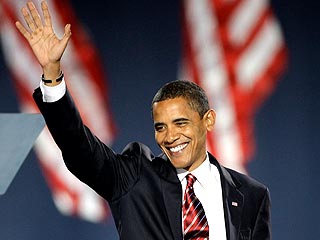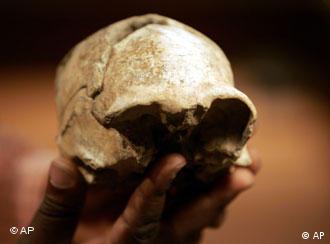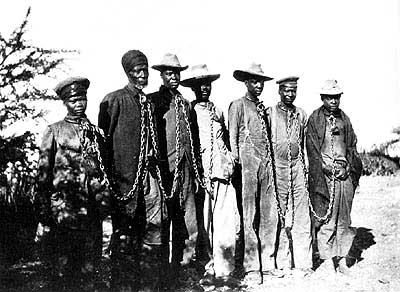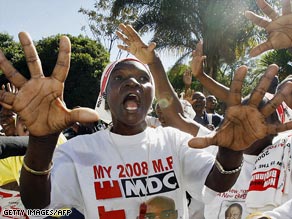An excerpt from
Colonialism and the Two Publics in Africa: A Theoretical Statement by Peter P. Ekeh
A piece that was written in Jan 1975, but is still so relevant today!
African Bourgeois Ideologies of LegitimationThe colonial ideologies have had a major impact on Africans. The absence
of a strong traditional ethos, for instance in the form of a pan-African
religion, made Africans easy targets of these ideologies. But there was
considerable variation in the spread of their effects on Africans. The
Western educated African was a greater victim of their intensity than the
non-literate African. The acceptance of the colonial ideologies in many
ways led to the creation by the African bourgeois class of its own ideologies.
The purpose behind the colonial ideologies, wrought by colonial
administrators and missionaries, was to legitimate an alien domination
of Africans; African bourgeois ideologies were formed to achieve two
interrelated goals. First, they were intended to serve as weapons to be
used by the African bourgeois class for replacing the colonial rulers;
second, they were intended to serve as mechanisms for legitimating their
hold on their own people. Both types of ideologies were largely directed
at the African masses. However, in terms of timing, the first set was used
during colonialism and was an attack on alien rulers. I shall call this set
anti-colonial ideologies. The second set of ideologies is more directly
related to the issue of legitimation and is involved in post-colonial politics
in Africa. Its appearance coincided with the departure of the alien colonial
rulers. I shall call these post-colonial ideologies of legitimation.
(1) Anti-colonial Ideologies. What I call anti-colonial ideologies here
refer to the interest-begotten reasons and strategies of the Western
educated African bourgeoisie who sought to replace the colonial rulers.
Anti-colonialism did not in fact mean opposition to the perceived ideals and principles of Western institutions. On the contrary, a great deal of anti-colonialism was predicated on the manifest acceptance of these ideals and principles, accompanied by the insistence that conformity with them indicated a level of achievement that ought to earn the new educated
Africans the right to the leadership of their country. Ultimately, the source
of legitimacy for the new African leadership has become alien. Anticolonialism
was against alien colonial personnel but glaringly pro foreign
ideals and principles.
African high standards. In every post-colonial African nation, Western
educated Africans, that is the African bourgeoisie, have bent over backwards
to show that their standards of education and administration are
as good as those of their former colonizers. The point of reference in such
demonstrations is to prove that they are the 'equals', but never the
betters, of their former rulers. At least if they judge their standards of
education and administration not to be as high as those prevailing in the
capitals of the former colonizing nations, they rue the fact of their 'low'
standards and make attempts to raise them. Nowhere does one come across
the statement that the prevailing standards, say, in England are not high
enough or too high for the problems in, say, Nigeria. These 'high'
standards are invariably defined in terms of the prevailing, that is ordinary,
standards in the former colonizing nations.
This ideology of African high standards had its origin in the fight for
independence. Most African, leaders in the fight for independence boasted
to their followers that they were as qualified as the English or the French
colonizers; that their rule could be as 'democratic' as that in England or
France; that Africans could attain as high a degree of efficiency in
bureaucracy as that in Britain or France, etc. In his manner of speaking
the English language and of pronouncing English words, the Nigerian
'been-to',7 for instance, wants to demonstrate to the common man that
he is as good as an Englishman in the use of the English language.
There is logic to these over-zealous attempts by the African bourgeois
class to prove the equal, but never the better, of the former colonizers.
They are a message addressed to the masses that educated Africans have
attained the level of the colonizers and therefore can replace them permanently.
It is not required to prove oneself the better of the former
colonizers to do so, since their behaviors represented the very best in the
view of Africans.
Anyone who has studied in a leading university-at Berkeley, Harvard,
or Oxford-will have noticed that very little is ever said about high
standards. It is the less distinguished institutions that want to appear to
be as good as Berkeley, Stanford, or the Sorbonne. The same is true of
the African bourgeois class. In many ways they are at a considerable
disadvantage in attempting to do things as Englishmen in what Englishmen
do best: speaking the English language. To take the example of the
most successful non-Westerners in history, the Japanese do not strive to
speak English or French as well as an Englishman and an American or as
a Frenchman. They see themselves as different from them. The African
bourgeois, born out of the colonial experience, is very uncomfortable with
the idea of being different from his former colonizers in matters regarding
education, administration, or technology. One suspects that he is unconsciously
afraid that he may not be qualified to be an effective replacer
of the former colonizers. If he does reject an English model, he wants
to take an American model; but the point is still that he wants to validate
his replacement of the colonizers by accepting the standards of the
Americans who were after all potential colonizers in Africa.








































